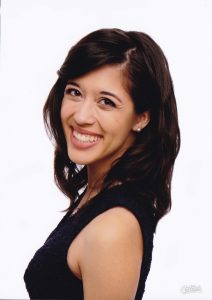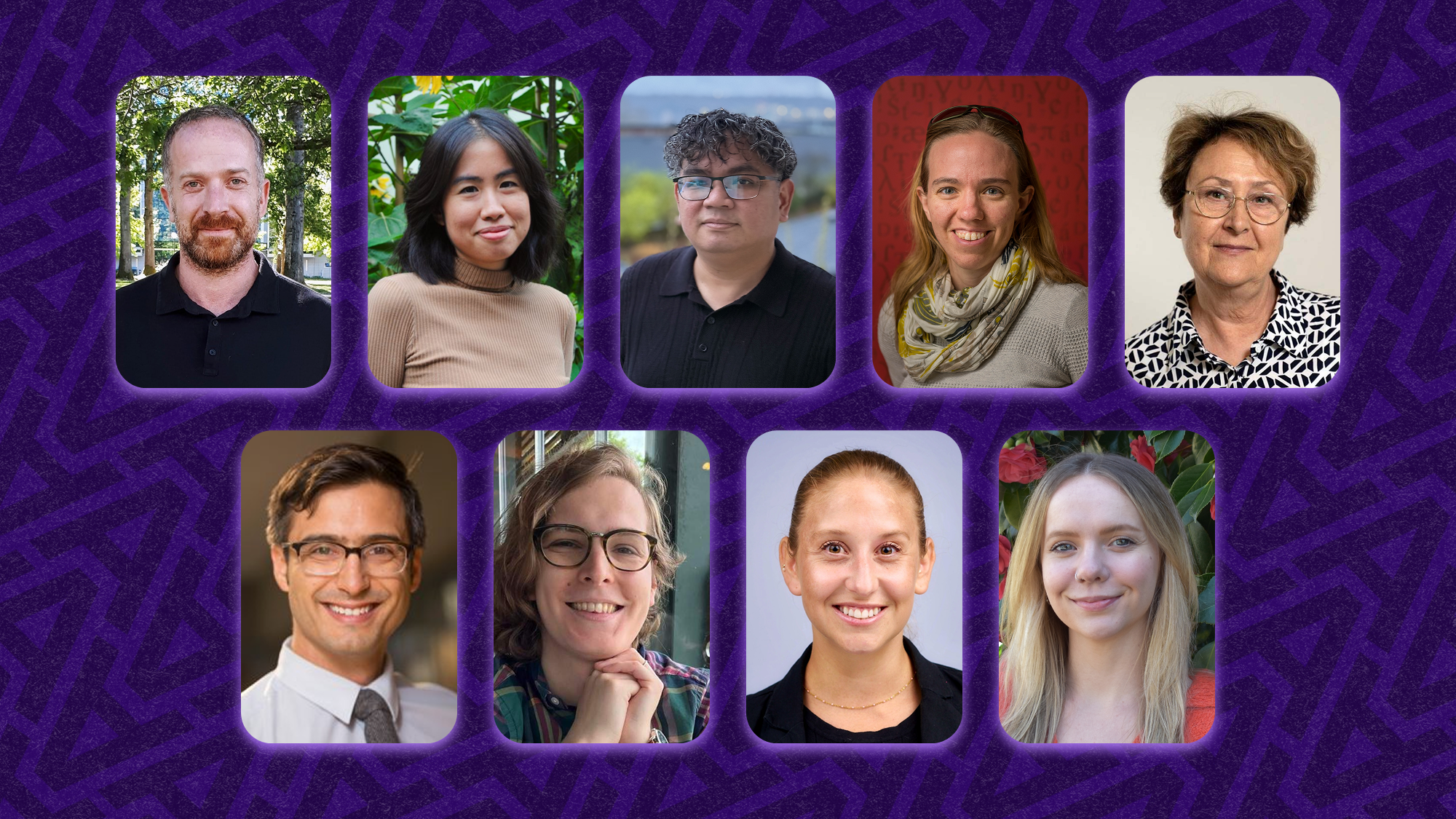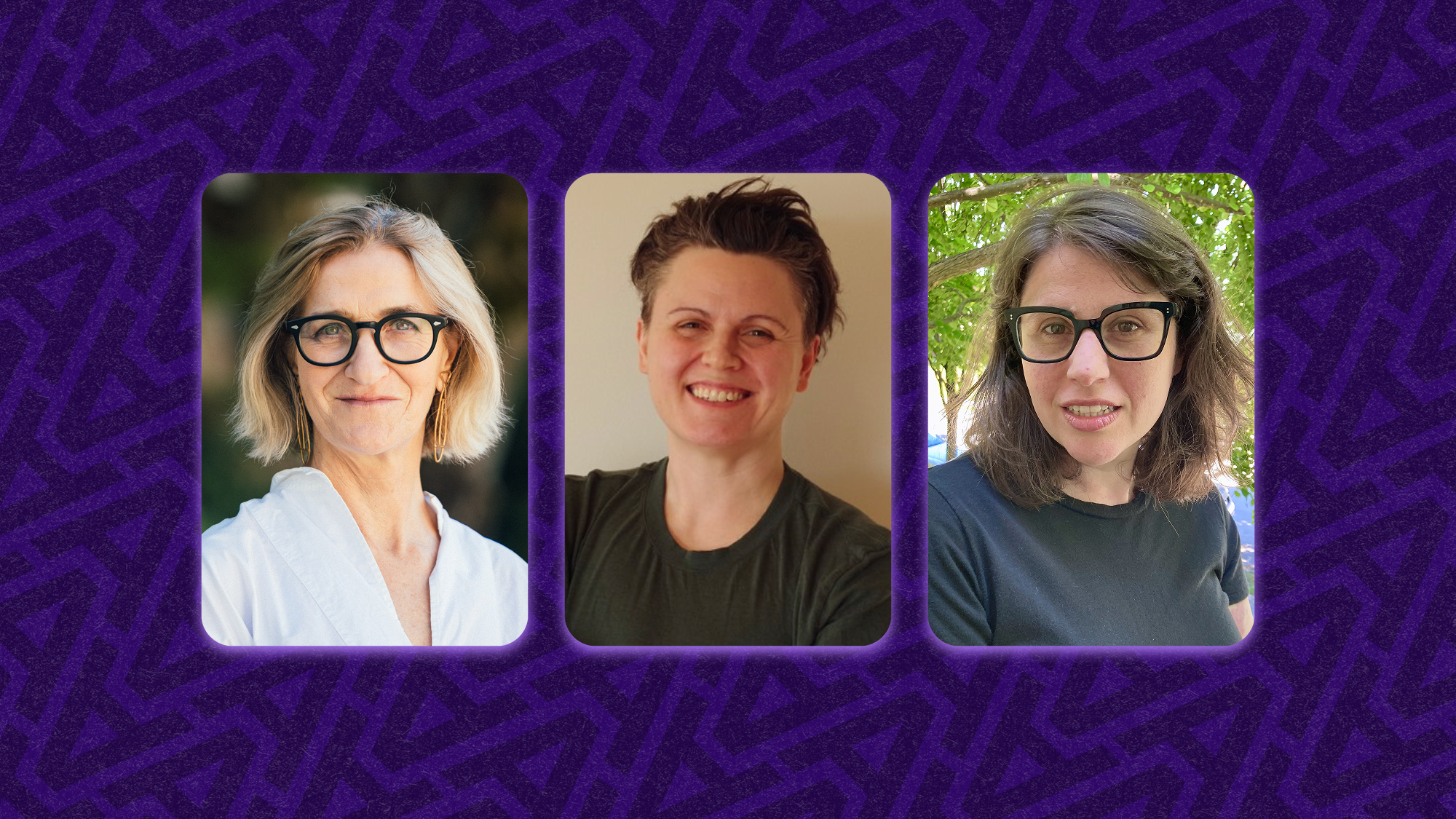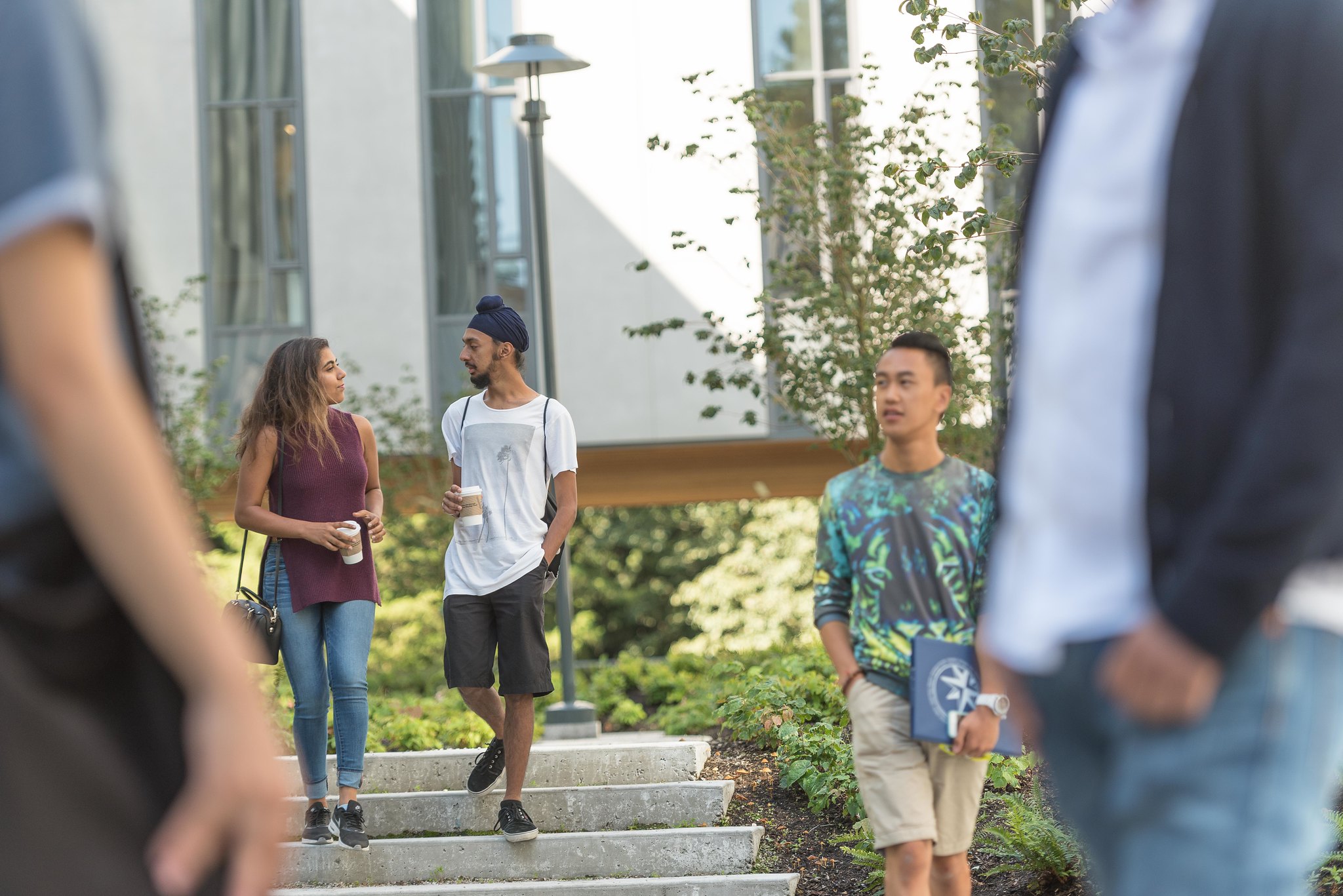

By Zining Wang
Emily’s passion in community development has made her a student leader and community contributor for UBC and beyond. As the Co-President of UBC Sociology Students’ Association, Emily took the initiative to create the first-ever Anthropology-Sociology Gala and encouraged actions to recognize UBC’s unceded Indigenous lands. Outside of UBC, Emily founded Still Moon Arts Society Youth Committee and worked as a board member of Renfrew Park Community Association. Along her journey, Emily was able to meet some amazing individuals who motivated her to pursue further studies in Community Development.
The Centre for Student Involvement and Careers had a chance to speak with Emily about her community involvements, volunteer experiences and post-graduation plans.
Tell us about your volunteer experiences in UBC and beyond.
At UBC, I was fortunate to have been the Co-President of the Sociology Students’ Association in the past year. Some of our major accomplishments have been advocating for mandatory Indigenous-focused courses, creating the first-ever Anthropology & Sociology (ANSO) Gala, and providing increased opportunity for student involvement. Beyond UBC, I have coordinated volunteers at various community events and festivals, sat on the Board of Directors for two local non-profit organizations, and am a part of organizations such as the Girl Guides of Canada.
What motivates you to constantly contribute to community?
It ultimately comes down to capacity building. Whether I am developing my own capacities in knowledge, skills, experiences, or connections, it is very calming to know that I am leaving each meeting or event as a better person. At the same time, as volunteers become leaders in organizations we have the responsibility to turn around and build the capacity of others who are joining the community. It is my ultimate joy to see a youth develop their skills to begin taking leadership positions, or a peer who did not know their path to find that passion and run full-steam ahead with making a difference. In the end, it is this process that excites me and motivates me to continue my contributions.
How did you find a balance between involvement, volunteering and academics?
I get asked this question a lot, and it is never easy to answer. The easy answer is to organize, time-manage, and use a calendar religiously. But there’s more to that, of course. A lot about finding balance is a personal journey to understand what “balance” means in your life, because everyone will find their own equilibrium. When you find that sweet spot, you will know. I think it is a lot to do with embedding yourself in volunteering and academics that interest and excite you. That way, at the end of each day you will feel like you contributed to something that you really care about. If every day feels stressful and you are not feeling proud with your accomplishments, then you might want to reconsider your involvements.
“…finding balance is a personal journey to understand what “balance” means for your life…”
You recently received the 2016 Community Contribution to UBC and Beyond Award. What do you think makes a great Arts student leader?
One thing that makes a great Arts student leader is acknowledging barriers. That means looking at which groups of people are less likely to involve themselves in your projects, whether it is language, cultural, or availability barriers. Work to try and include those groups, because part of community engagement is making sure that all people in the community are feeling included and welcomed. The second thing is to look outward instead of inward. In a position of leadership, other people are inherently affected by every choice you make. Take that responsibility in stride and make sure that you are comfortable and proud of those outcomes.
“In a position of leadership, other people are inherently affected by every choice you make. Take that responsibility in stride and make sure that you are comfortable and proud of those outcomes.”
What is your next step after graduation?
I am moving to Australia in October for eight months to work in the non-profit sector and experience how different cities approach community engagement. When I return, the goal is to continue my work in community development to hopefully find a more permanent role in my community. A longer-term goal may be to do a Masters or certificate program in Community Development, but for now I am hungry to apply what I have learned and studied into my communities.


